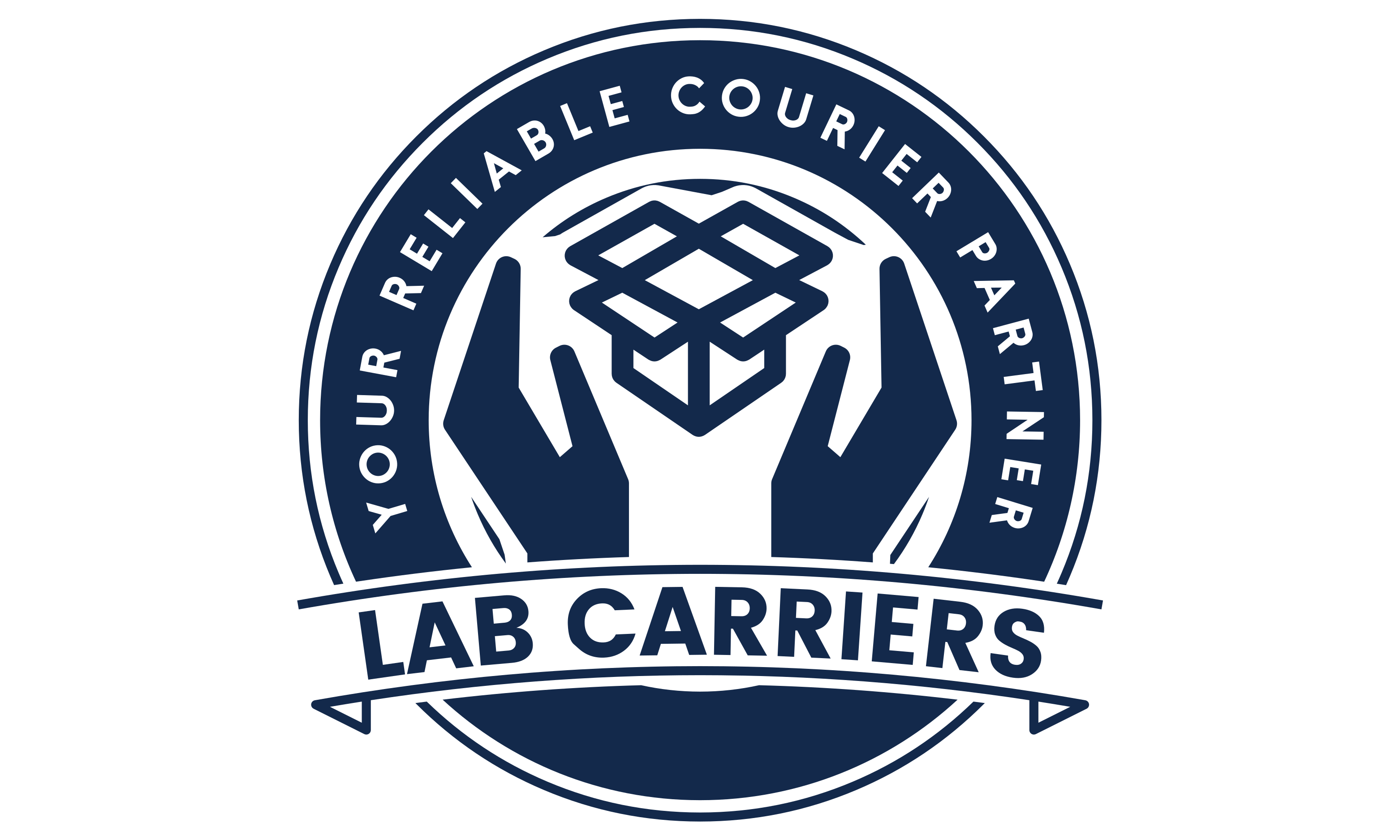Pharmaceutical delivery refers to the transportation and distribution of pharmaceutical products, medications, and related healthcare supplies from manufacturers or wholesalers to various points within the pharmaceutical supply chain, including pharmacies, hospitals, clinics, and ultimately, patients. It is a critical component of the healthcare system, ensuring that medications and healthcare products are available where and when needed. Here are some key aspects of pharmaceutical delivery:
- Supply Chain Management: Pharmaceutical delivery is a part of the broader pharmaceutical supply chain. It involves the management of the flow of pharmaceutical products from production facilities to wholesalers, distributors, pharmacies, and healthcare facilities.
- Regulatory Compliance: The pharmaceutical industry is highly regulated, with strict quality control and safety requirements. Compliance with regulations such as Good Manufacturing Practices (GMP) and Good Distribution Practices (GDP) is essential to ensure the integrity and safety of pharmaceutical products during delivery.
- Temperature-Controlled Transportation: Many pharmaceutical products, including vaccines, biologics, and certain medications, are temperature-sensitive. Proper temperature control during transportation is crucial to maintain the efficacy and safety of these products.
- Chain of Custody: Maintaining a clear and documented chain of custody is important for pharmaceutical delivery. This involves tracking and documenting who handles the products from manufacturer to end-user to ensure product safety and quality.
- Safety and Security: Pharmaceuticals are valuable and sensitive products. Security measures, such as tamper-evident packaging and tracking systems, are in place to prevent theft or tampering during transit.
- Inventory Management: Effective pharmaceutical delivery includes managing inventory at each point in the supply chain. It ensures that stock levels are appropriate to meet demand without overstocking.
- Emergency Response: Pharmaceutical delivery may play a critical role during emergencies, such as disease outbreaks, natural disasters, or public health crises. Rapid and reliable delivery of essential medications and vaccines is vital during these situations.
- Patient-Centric Delivery: Patient adherence to medication regimens is essential for treatment effectiveness. Some pharmaceutical delivery services focus on delivering medications directly to patients’ homes to improve compliance, particularly for chronic conditions.
- Specialized Services: Some pharmaceutical delivery services cater to specialized needs, such as delivering intravenous medications, clinical trial drugs, or controlled substances, and may have specific training and certification requirements.
- Information Technology: The use of information technology and data analytics plays a role in optimizing pharmaceutical delivery. It helps in demand forecasting, route optimization, real-time tracking, and monitoring of inventory levels.
- Collaboration: Effective communication and collaboration among pharmaceutical manufacturers, distributors, pharmacies, and healthcare providers are essential for the efficient flow of pharmaceutical products.
Pharmaceutical delivery services are typically provided by specialized logistics companies with experience in handling pharmaceuticals, adhering to regulatory requirements, and maintaining the integrity of pharmaceutical products during transport. Timely and secure pharmaceutical delivery is crucial for ensuring that patients have access to the medications and healthcare products they need while maintaining product quality and safety. At Lab Carriers, our team are trained to deliver packages with care and speed. Fast and reliable service is what we provide for all of our clients.
